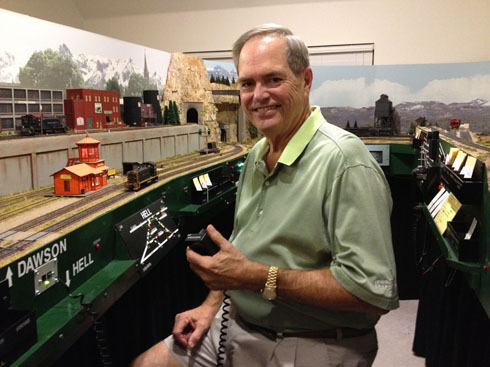
Home
schlotterbeck fifa 22
bet365 com download
bet365 com como funciona
roleta de cassino tem ima
winspark bonus

To fully exploit the constrained width, avoid loading the neighbouring structures and straddle shared utilities running under the site, the 💹 house was constructed using a lightweight steel frame on a piled slab. The steelwork was prefabricated as a series of 💹 portal frames that were craned down the alley and site-welded together. Given that every inch in such a narrow space 💹 was valuable we chose to fully weld the connections and express the frame internally, even utilising the depth of the 💹 steels to maximise the space.
Alongside the painted steel a simple palette of spruce plywood, douglas fir joists, terrazzo and cork 💹 flooring enriches the interior. Externally the timber framed walls are clad in handmade pewter glazed brick slips with a patina 💹 that reflects the changing light of the sky. Both the simply landscaped and planted rear courtyard and the garden in 💹 front of the house enhance the feeling of space in this small dwelling.
This self-build project had a long gestation, fitted 💹 in around professional and family life. The design and construction were developed as time and money allowed so whilst planning 💹 consent was given in January 2014 and the ground works commenced in the spring of 2024, the building was not 💹 completed until August 2024. We worked closely with friend and joiner Michael Tye to lead a small team of local 💹 subcontractors and employed specialist fabricators for certain key packages as well as undertaking a fair amount of the work ourselves.
The 💹 result is a unique and highly crafted home that is a testament to the commitment, effort and support of many 💹 people. By replacing a narrow disused alley with this comfortable small home we hope to have enhanced the streetscape we 💹 inhabit. As the building completes the terrace, so does the front garden - with the simple bin store, planting, level 💹 access and bike parking we aimed to keep it open and reinforce the pavement line without making a hard boundary. 💹 The development highlights the viability, both economically and spatially of small brownfield sites to provide high quality sustainable development at 💹 a time of housing shortage. We see it as a model for other seemingly undevelopable urban gap sites where the 💹 value added is through the quality of the architecture rather than over-development.
Material Used :

Chip Romig, MMR 423
sitemap endereço:Travessa Miralva Sarafim,11- Fazenda Coutos, Salvador BA Brasil Contate-nos:+55 31 932187079Uncle
Dudes Web Shop
Template by Hoover
Web Design Template